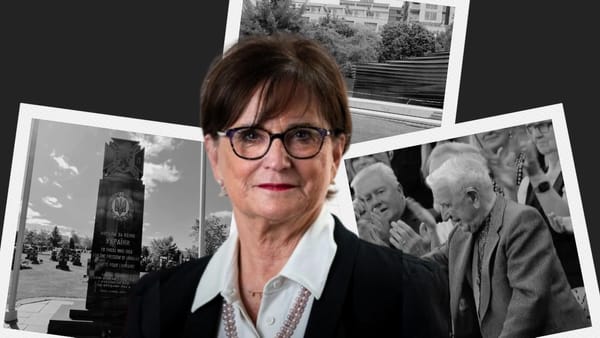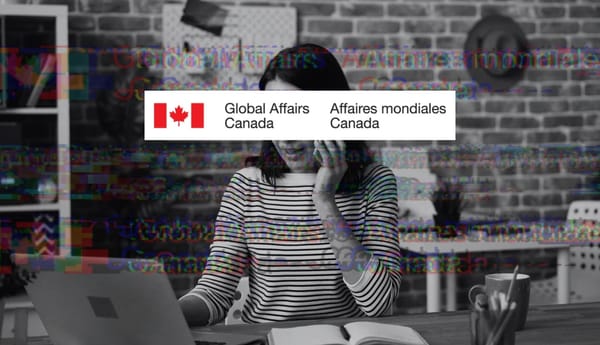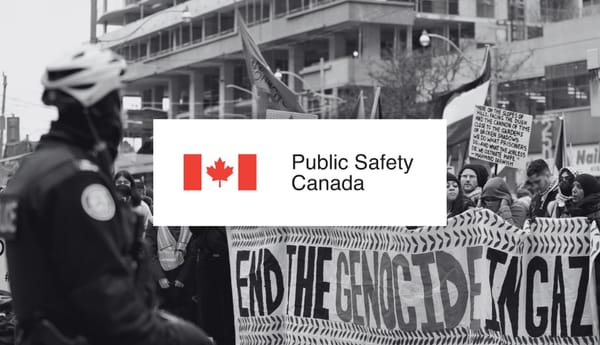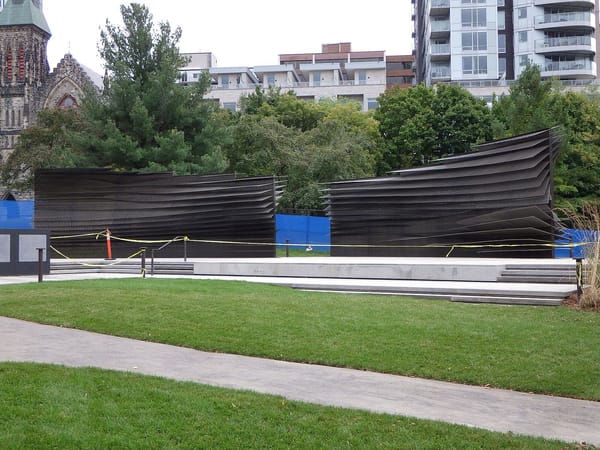On November 9, Prime Minister Justin Trudeau tweeted about a call he had with United States President-Elect Joe Biden to congratulate him on his victory. Trudeau’s tweets grazed over the subjects they covered on their call, among them anti-Black racism.
There is an irony in the man who, as described by writer Lauren Michele Jackson, was “dark like a scorched corpse” in his infamous blackface photo, discussing anti-Black racism with the architect of the 1994 Crime Bill in the United States, which is often blamed by activists for causing mass incarceration in that decade.
Regardless, many people responding to the tweet praised Trudeau and Biden for their supposedly progressive nature, viewing the exchange as the Canadian “dreamboat” prime minister tweeting the man who knocked the fascist “Cheeto” out of office, showing how civil and wholesome Canadian leadership can be. This comes as no surprise given the feel-good signaling to liberals within the tweet through the use of the phrase “anti-Black racism.”
After a summer of global uprisings, it’s evident there’s a clear desire to address the structural schisms marking Canada’s cultural, political and social landscape. Yet this desire doesn’t seem to genuinely exist within electoral politics, including those of the Liberal Party.
Because while Trudeau’s tweet uses language that implies his government is concerned with addressing anti-Black racism in the country, or even reckons with the demands of groups like Black Lives Matter, the opposite is true.
Trudeau’s government doesn’t care about anti-Black racism.
Shallow Words
Canada has often benefited from the narrative that it’s supposedly “better” than the U.S. This goes all the way back to Canada’s creation, and is an attempt to cover up the fact that this country is built on anti-Black and anti-Indigenous racism.
For example, Canada prides itself on being a stop in the Underground Railroad for 30 years, but ignores the more than 200 years where slavery took place within the country. It also tries to ignore what these formerly enslaved people actually dealt with once they got to Canada, including in Africville, a Black neighbourhood in Nova Scotia.
As a Vice article notes, in an attempt to displace Black people in the self-made community, “The local government never provided Africville with basic amenities and services—such as water, electricity and snow plowing—and that continued up until the point the neighbourhood was demolished in 1964, [with Black people still in their homes.]”
This narrative has continued. At the 2009 G20 summit, Trudeau’s predecessor, Stephen Harper stated, “[W]e also have no history of colonialism. So we have all of the things that many people admire about the great powers but none of the things that threaten or bother them.” This sentiment is common in Canada, permeating beyond political affiliation and becoming inherent to the “Canadian” identity itself.
Under Trudeau, little has changed except that he knows the right words to use, distorting, manipulating and rendering anti-oppressive language useless to quell further dissent. This makes the entire thing more insidious.
Trudeau’s vocabulary choices don’t improve conditions for Black people, but they do make it easier for him to portray Canada as America’s enlightened neighbour. This allows him to ignore anti-Black racism at home, because if doing better than the U.S. is usually good enough, why do anything at all?
The Failure Of Diversity Programs
Using the right language and making empty comparisons to the U.S. hasn’t always been enough, though, and occasionally Trudeau has been seemingly forced to actually do something.
This summer brought on one of those occasions, with a series of uprisings and calls for structural changes to address anti-Black racism. These community demands of the federal government included removing police from schools, rescinding all federal legislation that attacks Black and racialized Muslims and refugees, and revoking the Safe Third Country Agreement.
Yet Trudeau’s response was just as hollow as it has always been. Instead of addressing any community identified demands, or listening to the thousands who had been in the streets, on the phones and writing letters, Trudeau teamed up with banks.
In September, Trudeau announced a $221 million loan program for Black entrepreneurs in cooperation with Canada’s top banks. This action aligns with other neoliberal co-optations of grassroots movements — including calls for defunding police — reconfiguring them into a corporate attempt for boardroom diversity.
As noted by Angela Davis, “Diversity is a corporate strategy. It’s a strategy designed to ensure that the institution functions in the same way that it functioned before, except now that you now have some black faces and brown faces. It’s a difference that doesn’t make a difference.”
Diversity is not, and will never be, interchangeable with justice. Trudeau’s supposed response to anti-Black racism does nothing to improve material conditions for cash-poor Black people in Canada, who have no place in the corporate diversity hiring programs.
In June, writer Hawa Y. Mire published an article at Ricochet titled, “Why Black Canadians don’t believe Trudeau and Canada.” In it, Mire argues that Trudeau should, “Put money in the places where Black people struggle the most to improve housing, programs and social spaces in neighbourhoods, and opportunities for education.”
There’s great need for this. An August report from the Wellesley Institute, for example, found that neighbourhoods in Toronto with higher rates of Black renters “have twice the eviction filing rates compared to census tracts with 2 per cent Black households, even after controlling for poverty and other important factors.” The report noted that if “left unaddressed by policy and program change,” anti-Black racism in housing can be expected to lead to “significant health and economic fallout.”
With this in mind, it isn’t surprising that neighbourhoods in Toronto with significant Black communities have been the most devastated by COVID-19, due in part to the socioeconomic status and poor labour conditions of many residents. There’s also a disproportionate amount of Black people that have had COVID-19 throughout Canada as a whole, indicating that systemic racism predisposes people to the virus.
If Trudeau actually cared about anti-Black racism, he’d create policy that addresses these issues. He doesn’t, and he hasn’t.
Canadian platitudes can’t manifest the type of change many of us long for, and instead merely serve as window dressing to conceal the country’s clandestine, racist past and present. There should be a malaise around every tweet or program Trudeau’s government implements that fails to contend with the material reality for Black people in Canada






